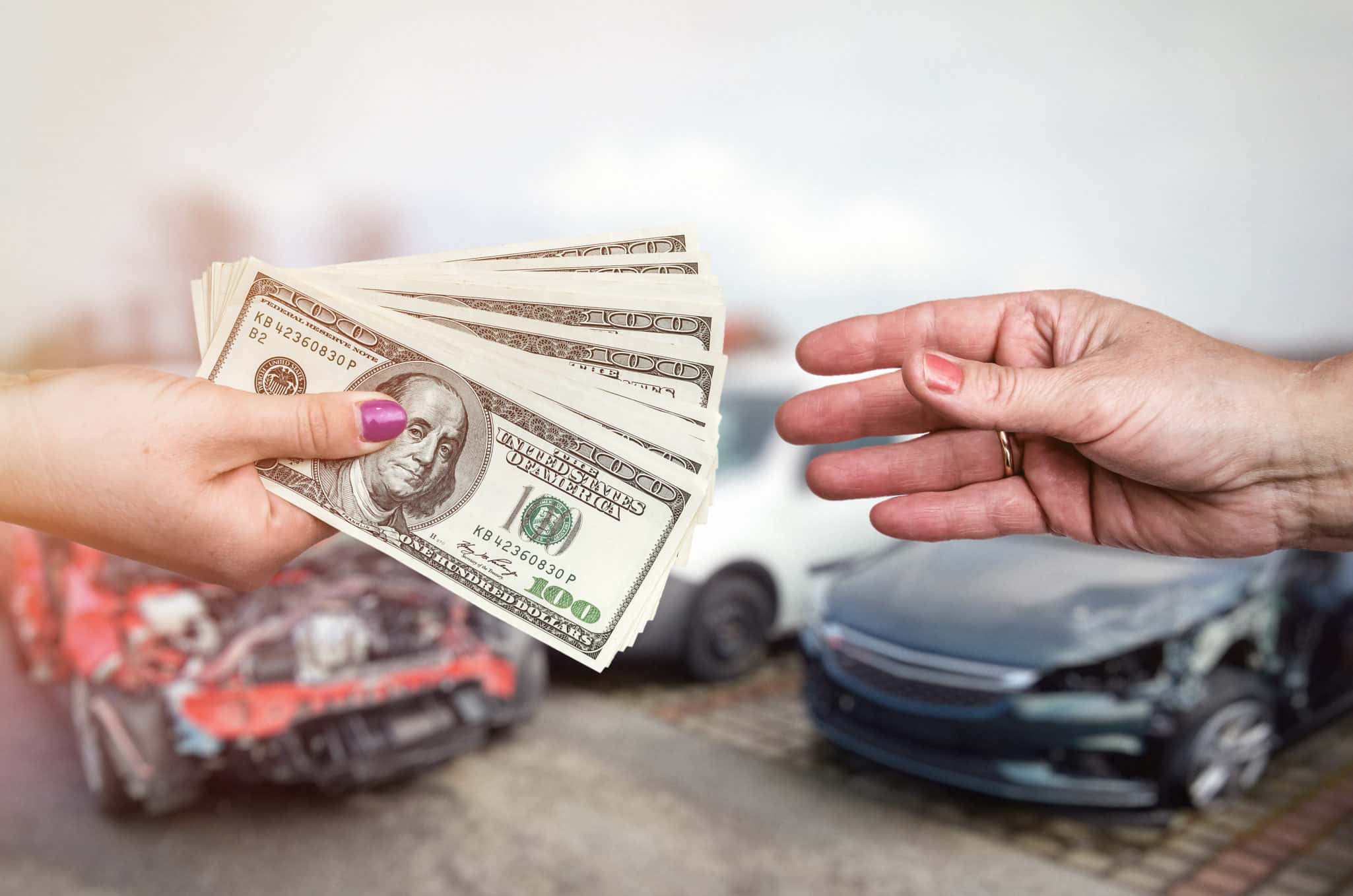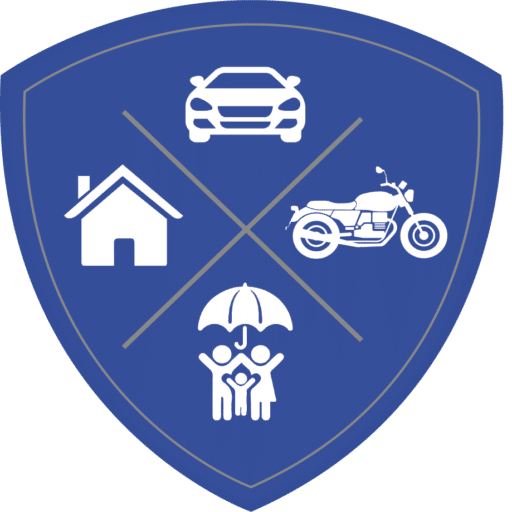
Auto Insurance Shopping Tips
The process of looking and researching auto insurance can be a very confusing and overwhelming experience. This is not only true for new home or car owners who aren’t familiar with the terminology, but it can also be confusing for the seasoned customer, especially if they’re buying new coverage.
In order to help you through this process we have provided you with five essential things you should know when you consider options for your vehicle:
What Is a Deductible?
A deductible is the amount you pay out of pocket when you file an insurance claim. Deductibles were created decades ago to discourage policyholders from filing petty or even fraudulent claims.
In most cases, deductibles are a flat fee, such as $500 or $1,000, but can vary based on your policy. You can potentially lower your deductible by paying a higher premium (the cost of the insurance policy). This works in reverse, too: being willing to pay a higher deductible typically results in a lower premium. It’s a bit of a gamble, but if you have a good driving record, it may be worth having a higher deductible so you can pay less for your policy.
What Is Full Coverage Auto Insurance?
Full coverage auto insurance usually has three components:
- Liability insurance (almost always dictated by your state): Liability coverage can help pay for medical care and property damage if you are at fault in an accident.
- Collision insurance: Collision insurance is designed to help cover the repair or replacement of your vehicle if you are at fault or are the victim of a hit and run or your car is damaged by an uninsured or underinsured driver.
- Comprehensive Insurance: Comprehensive insurance is intended to protect your car or truck in the event of damage from something other than a car accident, such as theft, vandalism, or loss to fire or most natural disasters.
Does Your Insurance Always Pay After a Motor Vehicle Accident?
Insurance carriers usually pay out for liability or collision insurance only when you are at fault in an accident. If someone else is determined to be at fault, then their insurance is usually the one who pays.
Now this isn’t a black and white rule, there are some exceptions to this:
- Some states are “no-fault” states- this means each party’s insurance pays for their own damages, regardless of who is at fault.
- An Uninsured or Underinsured driver may hit your car.
We recommend you understand how this works before purchasing auto insurance and deciding on coverage options.
What Is Replacement Cost Versus Actual Cash Value?
Most home insurance policies are based on either replacement cost or actual cash value (ACV). The former reimburses you for what it costs at the time of your claim to replace lost furnishings, appliances, clothing, and personal items or to repair or rebuild your dwelling.
Actual cash value insurance pays out at what your property is worth at the time of the claim, with depreciation for wear and tear over time. This is why ACV insurance usually costs a bit less than replacement coverage.
To learn more about getting the right coverage for your needs, give the Nickerson Insurance Agency a call today!

Contact Us
We Are Here To Help
At The Nickerson Agency, we pledge to our clients that we will make you feel valued and supported at all times while working with us.
Contact us today for a free quote and consultation from our experienced team of insurance
professionals!

